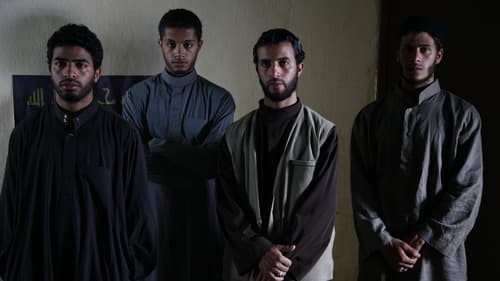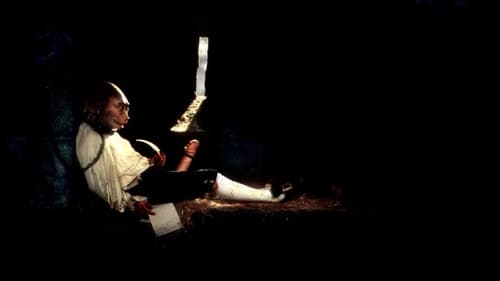
Producer
Belgian Disaster.

Producer
The film follows two brothers over the course of a decade. While they begin as kids in search of thrills in the sprawling slums of Morocco’s Sidi Moumen, we witness their gradual, and ultimately shocking, radicalisation.

Producer
The story of is placed at the end of the 19th and at the second half of the 20th century. The locations are different and completely opposite: the rural Macedonia at one hand, and the urban environment of an industrial region in Belgium at another...

Producer
A Greek-Irish sailor becomes friends with a 10-year-old sampan girl while his freighter is docked in Hong Kong.

Executive Producer
Maria Garcia (Carmen Maura) is a television journalist and she's about to be a single mother. Her career foremost in her mind, she doesn't slow down even for a minute, despite her pregnancy. She is, however, taking Lamaze classes and is quite competently coping with the romantic attentions of a man she's not very interested in. It's not at all irrelevant that her news beat includes stories on terrorism, the greenhouse effect, pollution and genetic engineering, because when her baby's due date comes and goes, she starts hearing from her infant from in the womb. It is telling her that it and many other babies are refusing to be born into such a horrible world. She learns that this is true, and that the children born through induced labor are dying.

Producer
혁명 전 프랑스에서 카닌 후작 데 사데가 감옥에 앉아 글을 쓰면서, 이름이 콜린인 그의 페니스와 대화를 나누며 작품을 구성하는 이야기

Cinematography
The Wall is a film originally intended to be screened in the run-up to Belgium's national elections in the spring of 1968. In that year, the tensions between the Dutch- and French-speaking communities were marked by often violent demonstrations and the threat of splitting the country. The story plays with fact and fiction by interweaving found footage of news reports with staged scenes. The main character is the wall which, similar to the division of Berlin, is erected through the centre of Brussels. Although the film was made by the team that compiled cinema newsreels for the company Belgavox, the influence of Henri Storck—the pioneer of poetic realism in the Belgian documentary film—is omnipresent in the camerawork, framing and editing, as well as in the use of amateur actors and filming in the street.




